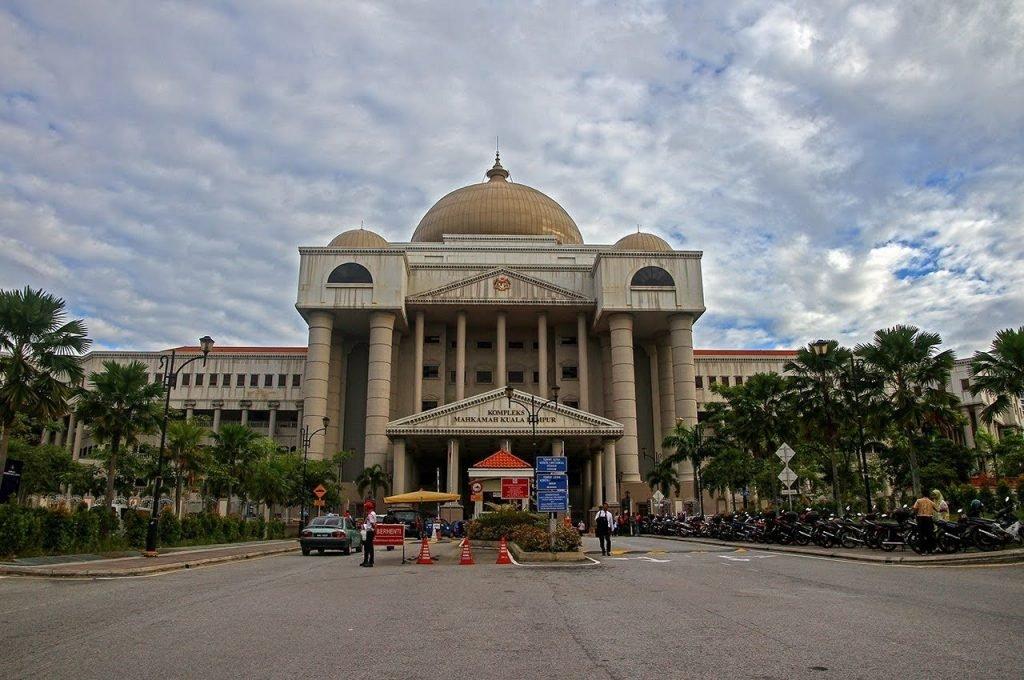Judge rules Agong’s decision in emergency proclamation cannot be challenged in court
The ruling follows the decision to dismiss the leave application for a judicial review brought by three elected representatives challenging the PM's move to advise the king to suspend Parliament sittings during the emergency.
Just In
The High Court in Kuala Lumpur today ruled that the Yang di-Pertuan Agong’s proclamation and the ordinances enacted under the emergency law cannot be challenged in any court.
Judge Ahmad Kamal Md Shahid said this was provided for under Article 150(8) of the Federal Constitution which, among others, states that the Yang di-Pertuan Agong’s decision in any proclamation of emergency shall be final and conclusive and shall not be challenged or called into question in any court on any grounds.
Kamal made the ruling after dismissing the leave application for a judicial review brought by three elected representatives to challenge Muhyiddin Yassin’s move to advise the Agong to suspend Parliament and state assembly sittings during the emergency.
The trio were Simpang Jeram assemblyman and Pulai MP Salahuddin Ayub, Gurun assemblyman and Sungai Petani MP Johari Abdul and Tebing Tinggi assemblyman Abdul Aziz Bari.
In their application, they named the prime minister and the government as the respondents.
Kamal also held that the application to challenge the king’s decision in the proclamation of emergency was not amenable to judicial review.
“It is reiterated that Article 150(8) of the Federal Constitution is valid and constitutional. More importantly, Article 150(8) of the Federal Constitution has shut the court’s doors to any challenge or application against the proclamation and the ordinances enacted under the emergency law,” the judge said.
He also said that based on his findings on Article 150(8) of the Federal Constitution, no judicial review can be made to challenge the decision of the king under Article 150(1) and Article 150(2B) of the constitution.
“In fact, this issue was decided by the Federal Court in Anwar Ibrahim v Public Prosecutor,” he said.
Kamal added that there was nothing in the Federal Constitution that imposed a legal duty on the first respondent, Muhyiddin, to act in the manner dictated by the applicants.
“Hence, in the absence of any legal duty imposed on the first respondent, the applicants’ pleaded reliefs are misconceived in law,” he said.
He said therefore, the applicants failed to cross the hurdle of the judicial review test as the subject matter in the case had been settled by law.
“It is clear that there is no arguable case for the applicants. Therefore, this application for leave is frivolous. In light of the above, the application for leave to commence judicial review proceedings is dismissed with no order as to costs,” he said.
Senior federal counsels Suzana Atan and S Narkunavathy acted for the respondents while lawyers Gurdial Singh Nijar and Christopher Leong represented the applicants.
The trio filed the leave application on Jan 26, seeking several reliefs from the court over the proclamation of emergency.
The Attorney-General’s Chambers, on Feb 11, filed an objection to the application on grounds that the applicants did not have a case that could be argued to enable the court to grant permission for the judicial review.
On Jan 12, Istana Negara in a statement announced that the Yang di-Pertuan Agong had consented to a proclamation of emergency to be implemented nationwide until Aug 1, as a proactive measure to curb the spread of Covid-19 in the country.
Muhyiddin, in a special address in conjunction with the proclamation of the emergency on the same day, said the Cabinet had advised the king to issue a proclamation of emergency for the whole country in accordance with Article 150(1) of the Federal Constitution, effective from Jan 11 to Aug 1.
Article 150 (1), among others, provides that the Yang di-Pertuan Agong can declare a state of emergency if he is satisfied that a grave emergency is taking place causing a threat to security, economic life or public order in the federation.
Subscribe to our newsletter
To be updated with all the latest news and analyses daily.
